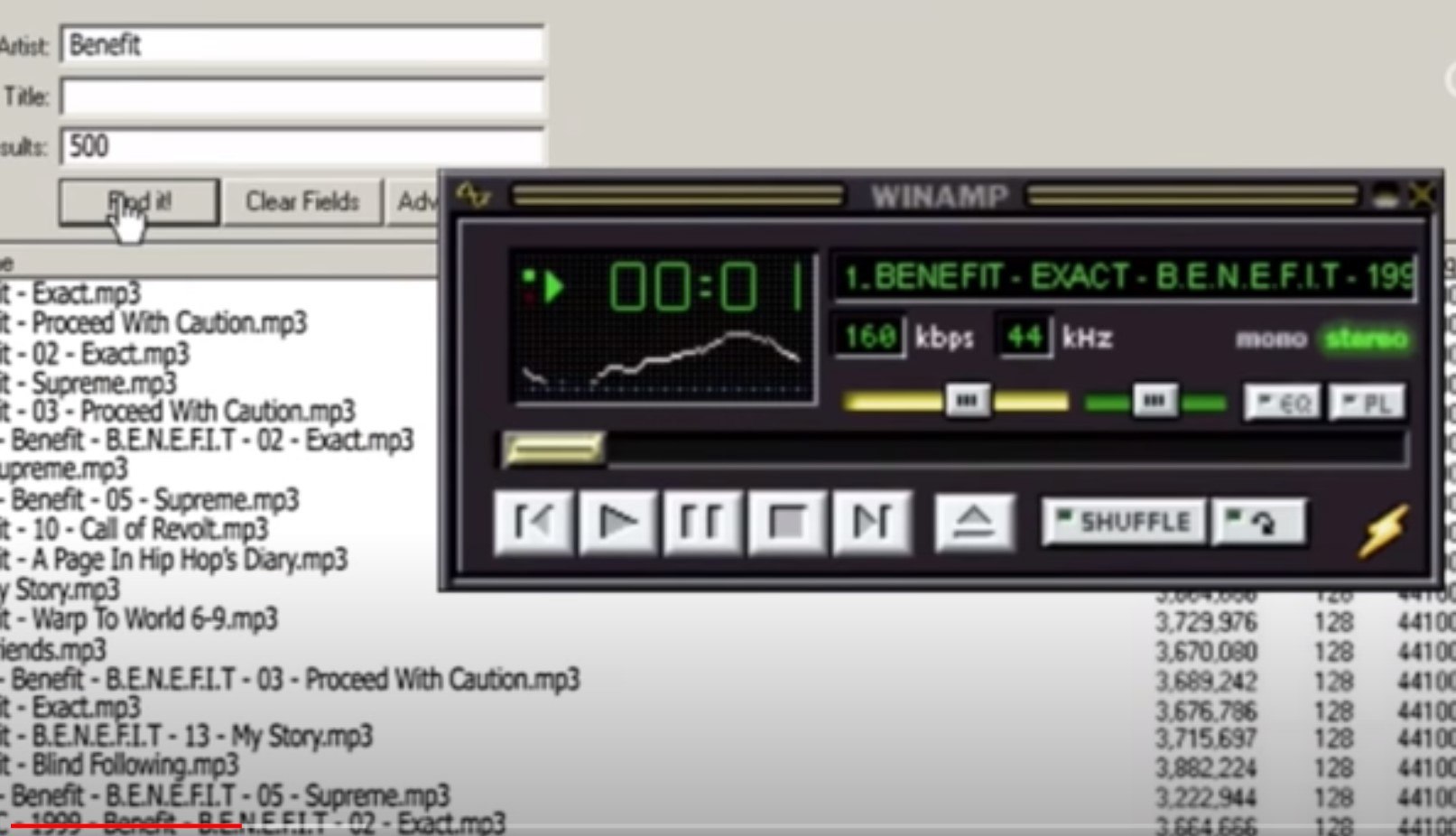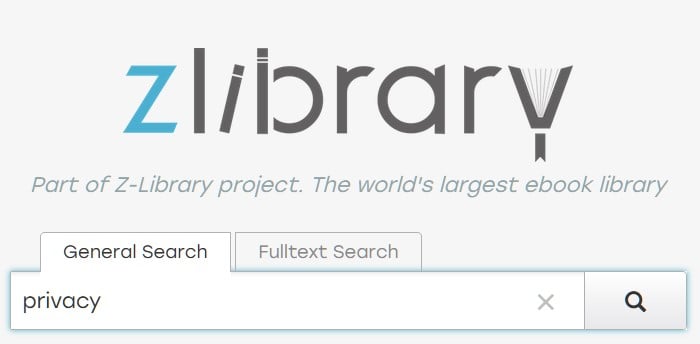-
chevron_right
DAZN Wins Court Order to Block Around 90 Pirate Sports Streaming Sites
news.movim.eu / TorrentFreak • 3 June, 2024 • 4 minutes
 While rightsholders in Belgium have been slightly less vocal in support of site-blocking measures than others around Europe, they now appear to be making up for lost time.
While rightsholders in Belgium have been slightly less vocal in support of site-blocking measures than others around Europe, they now appear to be making up for lost time.
With rightsholders eager to block large swathes of pirate sites and local ISPs on record saying they want exactly the same thing , an application for a blocking injunction filed by DAZN’s Eleven Sports Network in March showed partners working together.
Eleven Sports Network / 12th Player BV
Filed at the Dutch-speaking Business Court in Brussels, the application saw DAZN’s Eleven Sports Network (ESN) and 12th Player BV, a joint venture between ESN and the Spanish company Mediapro Internacional, team up hoping to compel local ISPs to block around 90 pirate domains.
According to the claimants, the platforms are dedicated to streaming live football matches in violation of their rights. Visitors to these pirate services reside in Belgium and access matches illegally using local internet service providers.
In this matter, the main internet service providers in Belgium are the named defendants, but only for the purposes of establishing their role as intermediaries. The ISPs are supporters of site-blocking measures because they also stand to benefit: Telenet via its Play Sports service, Proximus via Proximus Pickx, and Voo via Voo Sports.
Rightsholders ‘Recommend’ ISPs Should Block the Sites
With claimants and defendants all aiming for the same thing, the language used in the decision handed down by the Brussels court is non-adversarial, to put it mildly.
The claimants asserted that the domains submitted for blocking “provide access to websites on which audiovisual content broadcast on the channels of Eleven Sports Network BV is communicated to the public” and that customers of Telenet NV, Proximus NV, Voo NV, and Orange Belgium NV, facilitate access to those domains.
To tackle this problem, the claimants “recommended” that in their roles as intermediaries, the ISPs should implement DNS measures to prevent access to the ‘pirate’ domains.
The claimants further suggested putting the DNS tampering to good use; customers attempting to access the domains should be redirected to a DAZN anti-piracy site (screenshot below) set up to advise visitors on the reasons for redirection.
All parties also agreed to bear their own costs.
Not Much for the Court to Do
With no evidence before the Court that the claims were inadmissible and no grounds being identified that they might be, the claims of the applicants were declared admissible. The ISPs disputed the applicants’ claims for the record but offered no argument in support. Instead, as part of the predetermined direction of the case, left judgment in the hands of the Court.
The Court determined that as providers of internet connectivity, the ISPs are intermediaries and, as such, are in a position to prevent their subscribers from accessing the pirate streaming sites. The ISPs were ordered to do just that.
The request by Eleven Sports for the ISPs to redirect subscribers to a block page provided by DAZN was rejected. However, the decision notes that the ISPs “are free to provide the public with such information about the blocked access that these parties deem appropriate.”
Given that the claimants and defendants worked together to present the blocking action to the Court, it’s possible that the ISPs will find it appropriate to redirect visitors to DAZN’s anti-piracy page after all. Describing it as a ‘block page’ seems insufficient, however.
The site, located at dazn-antipiracy.be where the image above is displayed, seems to have a lot going on behind the scenes considering its straightforward task. One might even conclude that the aim isn’t just to inform, but to track visitors longer term.
The domains to be blocked by the ISPs are listed below. Three domains (aliezstream.pro, cdnssd.ru, ustream.pro) appear to be duplicates.
| dlhd.sx | cdnssd.ru | sportadds.xyz | hesgoal-tv.tv |
|---|---|---|---|
| cdn.xsportbox.com | ustream.pro | tntsports.site | koora.shoot-yalla.to |
| 365streams.world | aliezstream.pro | viaplaysports.online | vipstand.pm |
| sporttuna.site | antenasports.ru | sportsnet.store | watchsportnow.com |
| 365livesport.com | sportplus.live | tsnsports.online | vipleague.lc |
| 365livesport.life | yalla-lives.net | newsoccer.store | viprow.nu |
| 365livesport.me | noblockaabbddxcktb.xyz | mrsoccer.club | vipstand.st |
| bingsport.xyz | socceronline.me | ukhdstream.xyz | buffstreams.sx |
| flash-24.live | volkastream.xyz | tnt-sportslive.xyz | olympicstreams.me |
| fullassia.com | volkastream.fr | 9goals.io | fbstreams.pm |
| tv247365.net | vipbox.lc | axscore.com | qatarstreams.me |
| hes-goals.io | vipboxtv.sk | bingsport.com | play24.808ball.com |
| vipleague.la | r.bingsport.xyz | bingsport.watch | premiertv.watch |
| vipleague.im | vstream.store | bingsportlive.com | ru.score808pro.com |
| koora.shoot-yalla.live | rivofutboltv.xyz | cdn.livetv767.me | rojadirectatvonline.nl |
| strikeout.im | 7soccerhd.xyz | daddylivehd.pro | rojadirecta.nl |
| shoot-yalla.io | hdlivestreamer.xyz | es22.sportplus.live | rojadirectaenvivo.me |
| spworld.me | cr7soccer.com | primefoot.ru | soccerstream100.co |
| daddylivehd.icu | v2.nizarstream.com | hes-goals.tv | aliezstream.pro |
| xsportbox.com | games47.xyz | hesgoal-tv.io | ustream.pro |
| cdnssd.ru | tarjetarojatvenvivo.net | kai.superbb77.cfd |
From: TF , for the latest news on copyright battles, piracy and more.








 The
The


 Little over a decade ago, Google expanded its transparency report with a new section
Little over a decade ago, Google expanded its transparency report with a new section







 Reddit has gone head-to-head with a group of filmmakers over the past year, aiming to protect the privacy of its users.
Reddit has gone head-to-head with a group of filmmakers over the past year, aiming to protect the privacy of its users.





